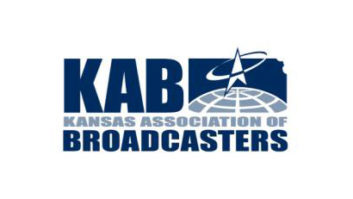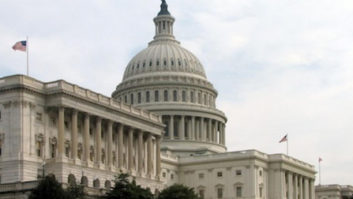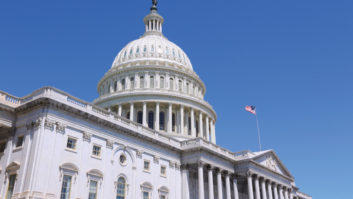It’s hard to know what telecom policy should be or accomplish in the future, yet lawmakers and four former FCC chairmen have begun debating that large question.
In the first of what are to be several hearings as the House Communications and Technology Subcommittee contemplates rewriting the Telecom Act, Subcommittee Chairman and Oregon Republican Greg Walden said, “It’s time for our laws to reflect our modern technological landscape.”
That’s easier said than done, considering the Internet was in its infancy when the 1996 act was passed. There are just 11 references to the Internet in the ’96 act, according to California Democrat Rep. Anna Eshoo.
Though much of the debate concerned regulation philosophies, a broad theme emerged among some of the former chairmen: eliminating the silos that divide one technology from another that are “embedded” in the act, according to Dick Wiley, who was chair from 1970 to 1977. “Congress may want to consider a flexible framework that can be adapted,” offered Wiley.
Michael Powell, who was FCC chair from 2001 to 2005, says it should be the FCC’s goal to help bring new services to market and that entails allowing risk-taking and innovation alongside a lighter regulatory touch. He agrees with Wiley about silos, noting the current regulatory scheme makes distinctions as to where content is from. For example, many rules governing cable don’t apply to DBS points out Powell, who’s now president of the National Cable & Telecommunications Association.
Michael Copps, who was an FCC commissioner from 2001 to 2011 and also was acting chair in 2009 favors making the agency more efficient by doing away with the closed meeting rule. “When three commissioners have something they want to do at the FCC, that item should go on the agenda.” He contends different bureaus within the agency are still necessary because of the expertise within each of those bureaus of the industries they regulate.
Digressing to talk about low-power FM, Copps says he wants the agency to move forward with processing the LPFM applications and hopes “to maybe go from having 800 to maybe thousands” of such stations, noting he wants to encourage community radio.
Reed Hundt, who was commission chairman from 1993 to 1997, says current law allows any Congress to reorganize the agency. After Congress allowed the FCC to auction spectrum in 1993, he created the FCC’s Wireless Bureau, he said.












